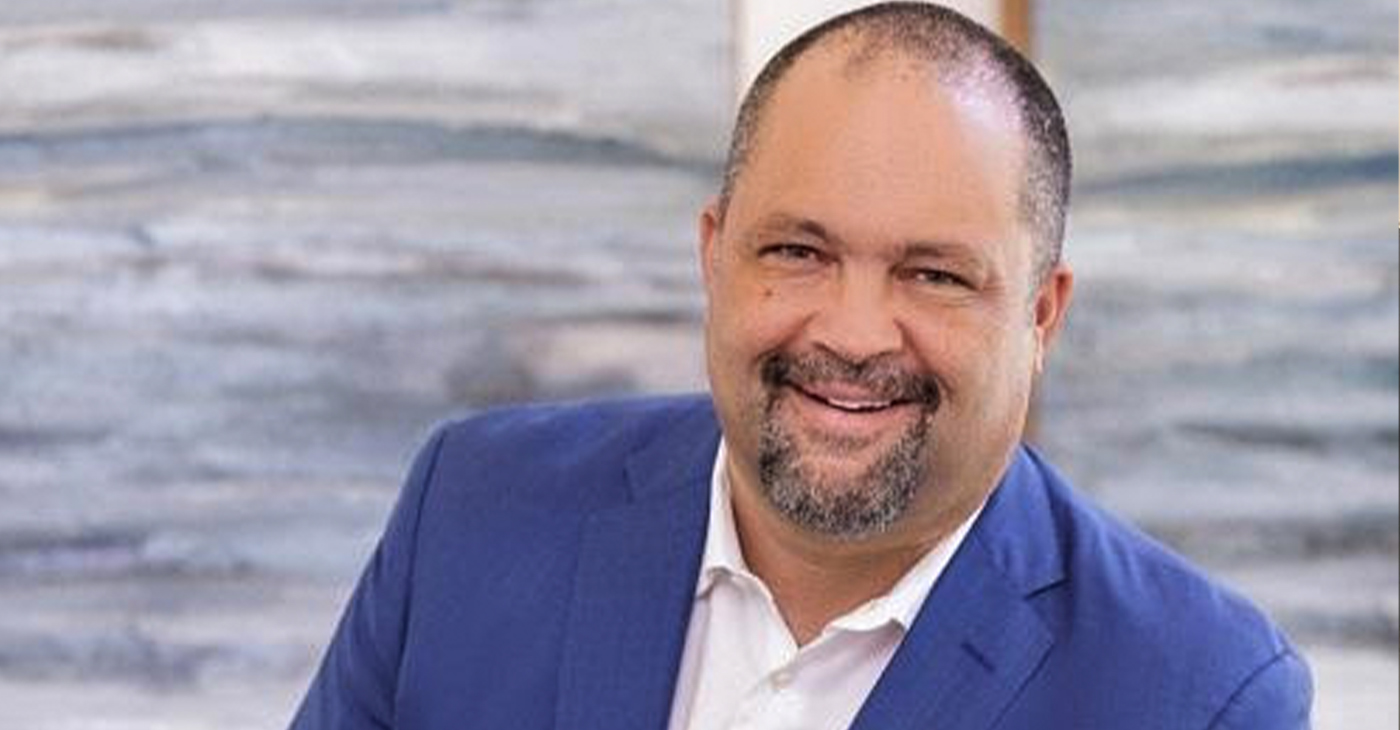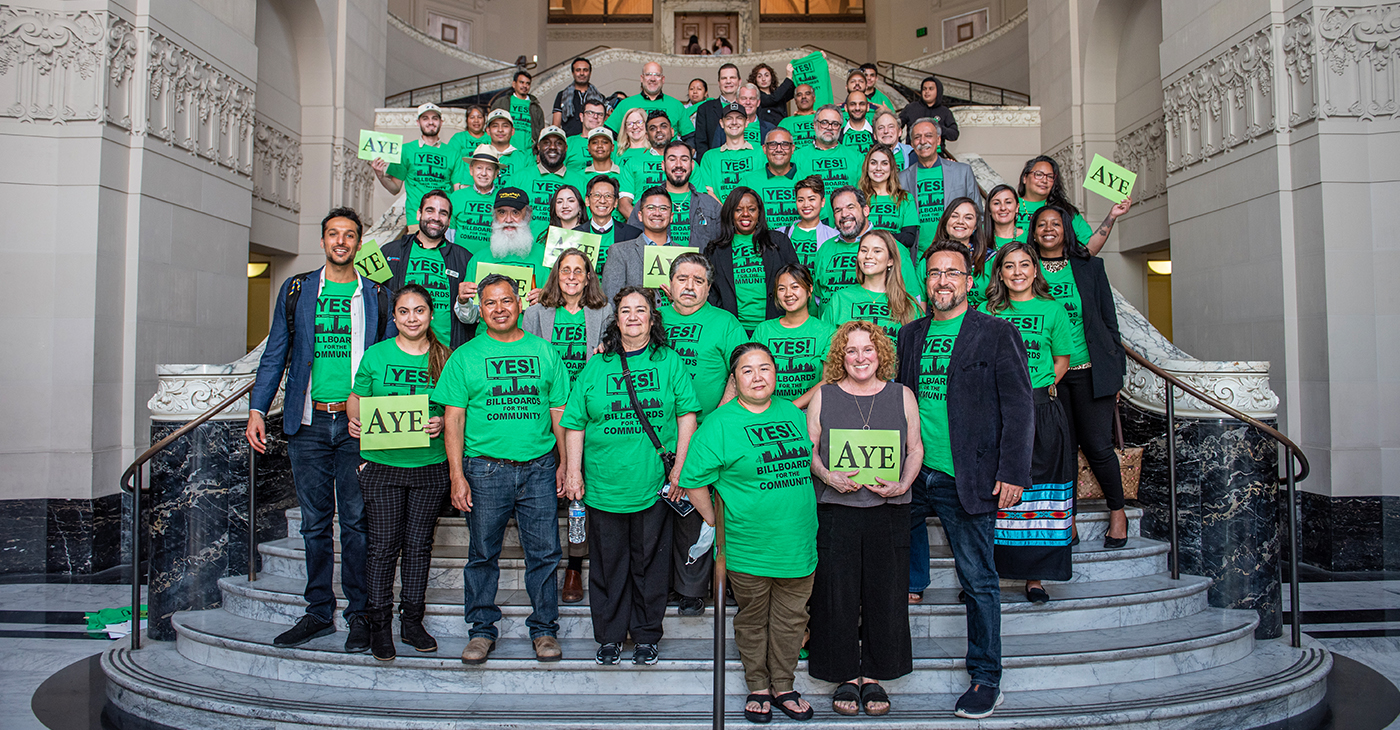Activism
COMMENTARY: This November, Unite to Defend the Black Vote
I know that some folks don’t vote because they believe their vote doesn’t matter. History shows that it does. The best example I can think of is what happened in Georgia in 2020, the first year we ran our Defend the Black Vote campaign. We motivated over 200,000 additional Black men in Georgia to vote that year – a year when the presidential election in the state was decided by 12,000 votes. The Black men who voted in Georgia made a historic difference, and the numbers prove it.

By Ben Jealous
Right before our last national elections in 2020, thousands of Black voters in Detroit got a call from someone posing as a woman named “Tamika Taylor.” She warned them that if they voted, the government would collect their personal information and come after them for credit card debt, outstanding warrants, even forced vaccinations. The calls were a voter suppression scam, and the two white guys behind it were prosecuted. But we’ll never know how many people were nervous enough to avoid voting that year.
Dirty tricks like this make me sick. And as we get closer to this year’s midterms, civil rights leaders are warning that we’re likely to see more of them. The Far Right is waging a war on Black voters, and disinformation is among its favorite weapons. Another one is passing laws to make it harder for Black citizens to vote. The Brennan Center at NYU keeps track of these efforts. The legal scholars there report that since 2020, lawmakers in 49 states have introduced more than 400 bills that would make it harder to vote. This midterm election is the first nationwide election since that massive voter suppression campaign started, and we have one way to fight it: massive voter mobilization.
Getting our friends and neighbors to vote so we can have a say in issues that affect our daily lives is a calling for all of us. I am fortunate to lead an organization that will make Black male voters the focus of our Get Out the Vote efforts this year. Our initiative, Defend the Black Vote, will reach out to Black men in 15 states who are registered but skipped two out of three of the last elections. Our focus will be men because they still don’t vote in the high percentages Black women do. Our message will be simple: Vote this November. Vote because your vote is your voice and your power. Vote because of everything that is on the line in these elections: jobs, reproductive rights, mass incarceration, who sits on our courts, education for our kids, health care, pollution in the environment where our families live.
Vote because we need to Ban the Box. Vote because Black Lives Matter. Vote because you have a dream of entrepreneurship. Vote because your mental health, and your family’s mental health, matters. Vote because the white supremacists don’t want you to, and are doing everything they can to stop you, and that tells you how important it is.
I know that some folks don’t vote because they believe their vote doesn’t matter. History shows that it does. The best example I can think of is what happened in Georgia in 2020, the first year we ran our Defend the Black Vote campaign. We motivated over 200,000 additional Black men in Georgia to vote that year – a year when the presidential election in the state was decided by 12,000 votes. The Black men who voted in Georgia made a historic difference, and the numbers prove it.
We know there’s one more way today’s Far Right and their predecessors — the Klan, the White League, and all the other terrorists like them — have tried to suppress Black votes, and it’s the ugliest: intimidation and threats of violence. Our ancestors faced a real risk of being attacked or murdered for registering to vote or voting. Today the intimidation might be more high-tech: is your name in the system, will you be accused of an illegal vote? Florida’s arrests of returning citizens who voted — after being issued new voter registration cards by the state itself — are especially cruel. They were meant to scare people, and they probably did.
So, vote because we refuse to be intimidated. Because those who went before us put their lives on the line to cast a ballot. And if you are a man who doesn’t have a plan to vote, or you have a father, brother, uncle or son who doesn’t have a plan, it’s not too late to make one now. We need you.
Ben Jealous serves as president of People For the American Way and Professor of the Practice at the University of Pennsylvania. A New York Times best-selling author, his next book “Never Forget Our People Were Always Free” will be published by Harper Collins in January 2023.
Activism
Oakland Post: Week of July 24 – 30, 2024
The printed Weekly Edition of the Oakland Post: Week of July 24 – 30, 2024

To enlarge your view of this issue, use the slider, magnifying glass icon or full page icon in the lower right corner of the browser window. ![]()
Activism
Oakland Post: Week of July 17 -23, 2024
The printed Weekly Edition of the Oakland Post: Week of July 17 -23, 2024

To enlarge your view of this issue, use the slider, magnifying glass icon or full page icon in the lower right corner of the browser window. ![]()
Activism
Community Celebrates Historic Oakland Billboard Agreements
We, the Oakland Billboard Economic Development Coalition, which includes Oakland’s six leading community health clinics, all ethnic chambers of commerce, and top community-based economic development organizations – celebrate the historic billboard agreements approved last year by the Oakland City Council. We have fought for this opportunity against the billboard monopoly, against Clear Channel, for five years. The agreements approved by Council set the bar for community benefits – nearly $70 Million over their lifetime, more than 23 times the total paid by all previous Clear Channel relocation agreements in Oakland combined.

Grand Jury Report Incorrect – Council & Community Benefit
We, the Oakland Billboard Economic Development Coalition, which includes Oakland’s six leading community health clinics, all ethnic chambers of commerce, and top community-based economic development organizations – celebrate the historic billboard agreements approved last year by the Oakland City Council. We have fought for this opportunity against the billboard monopoly, against Clear Channel, for five years. The agreements approved by Council set the bar for community benefits – nearly $70 Million over their lifetime, more than 23 times the total paid by all previous Clear Channel relocation agreements in Oakland combined.
Unfortunately, a recent flawed Grand Jury report got it wrong, so we feel compelled to correct the record:
- Regarding the claim that the decision was made hastily, the report itself belies that claim. The process was five years in the making, with two and a half years from the first City Council hearing to the final vote. Along the way, as the report describes, there were multiple Planning Commission hearings, public stakeholder outreach meetings, a Council Committee meeting, and then a vote by the full Council. Not only was this not hasty, it had far more scrutiny than any of the previous relocation agreements approved by the City with Clear Channel, all of which provide 1/23 of the benefits of the Becker/OFI agreements approved by the Council.
- More importantly, the agreements will actually bring millions to the City and community, nearly $70M to be exact, 23 times the previous Clear Channel relocation agreements combined. They certainly will not cost the city money, especially since nothing would have been on the table at all if our Coalition had not been fighting for it. Right before the decisive City Council Committee hearing, in the final weeks before the full Council vote, there was a hastily submitted last-minute “proposal” by Clear Channel that was debunked as based on non-legal and non-economically viable sites, and relying entirely on the endorsement of a consultant that boasts Clear Channel as their biggest client and whose decisions map to Clear Channel’s monopolistic interests all over the country. Some City staff believed these unrealistic numbers based on false premises, and, since they only interviewed City staff, the Grand Jury report reiterated this misinformation, but it was just part of Clear Channel’s tried and true monopolistic practices of seeking to derail agreements that actually set the new standard for billboard community benefits. Furthermore, our proposals are not mutually exclusive – if Clear Channel’s proposal was real, why had they not brought it forward previously? Why have they not brought it forward since? Because it was not a real proposal – it was nothing but smoke and mirrors, as the Clear Channel’s former Vice President stated publicly at Council.
Speaking on behalf of the community health clinics that are the primary beneficiaries of the billboard funding, La Clinica de la Raza CEO Jane Garcia, states: “In this case, the City Council did the right thing – listening to the community that fought for five years to create this opportunity that is offering the City and community more than twenty times what previous billboard relocation agreements have offered.”
Oakland Billboard Economic Development Coalition
| Native American Health Center | La Clínica de la Raza | West Oakland Health Center |
| Asian Health Services | Oakland LGBTQ Center | Roots Community Health Center |
| The Unity Council | Black Cultural Zone | Visit Oakland |
| Oakland African American Chamber of Commerce | Oakland Chinatown Chamber of Commerce | Oakland Vietnamese Chamber of Commerce |
| Oakland Latino Chamber of Commerce | Building Trades of Alameda County | (partial list) |
-

 Arts and Culture3 weeks ago
Arts and Culture3 weeks agoRooted in Tradition: The Intricate History of Black Hair Braiding
-

 Bay Area4 weeks ago
Bay Area4 weeks ago“I Will Not Be Bullied,” Says Oakland Mayor Sheng Thao
-

 Bay Area2 weeks ago
Bay Area2 weeks agoPG&E Increases Rates While Bay Area Households Are Struggling to Stay Afloat
-

 Business3 weeks ago
Business3 weeks agoGov Newsom: Raising Fast Food Minimum Wage to $20 Pays Off as Jobs Multiply in Industry
-

 Activism4 weeks ago
Activism4 weeks agoOpponents of Mayor Sheng Thao Are Calling on Her to Resign Following FBI Raid
-

 Community1 week ago
Community1 week agoHundreds Come to Jehovah’s Witnesses’ Assembly Hall for Three-Day Program of ‘Good News’ in Fremont
-

 Bay Area2 weeks ago
Bay Area2 weeks agoJuneteenth Mass Shooting Suspect Charge with Multiple Counts of Felony Assault by Alameda County DA Pamela Price
-

 Activism4 weeks ago
Activism4 weeks agoOakland Coliseum Sale to AASEG: A Model for Community Development and Inclusion

















































